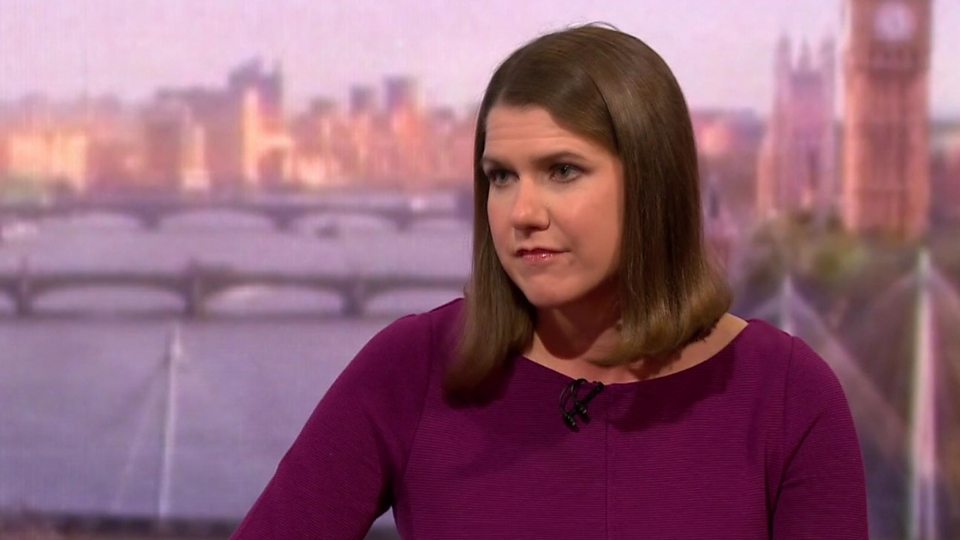- Joined
- Dec 6, 2010
- Messages
- 33,424
- Reaction score
- 5,685
This is not true. I even posted above how a referendum can be binding on a Parliamentary sovereign system . The referendum can be put in place by an Act of Parliament with a clause along the lines of "This Act shall come into effect if passed by a referendum" embedded into the legislation.
Is there really any precedent for this Parliamental self-binding in the U.K?
As far as I know, the idea that the current Parliament can make an Act binding in a way that any future Parliament cannot undo is a direct violation of the second pillar of the British Parliamental Sovereignty:
The doctrine of parliamentary supremacy may be summarized in three points:
- Parliament can make laws concerning anything.
- No Parliament can bind a future parliament (that is, it cannot pass a law that cannot be changed or reversed by a future Parliament).
- A valid Act of Parliament cannot be questioned by the court. Parliament is the supreme lawmaker.
If you can present a past referendum in the U.K where Parliament voluntarily limiting their own Crown-given rights to enforce or disregard it later as they see fit (rather than make it a point to emphasize that it's advisory only), then I'll conceed that your suggestion could be a possibility.
Personally, I highly doubt that self-shackling will ever happen voluntarily though, not unless Parliament is forced to comply with the votes by an actual Constitution that reigns above all.
Then again, traditions and norms are flying out the windows left and right, and if Boris really go through with his pledge to ignore the laws passed by Parliament, then even stranger precendent-setters might happen down the road...But still, the idea that these power-hungry politicians would limit their own supremacy just like that is as crazy as it gets.
Last edited:



